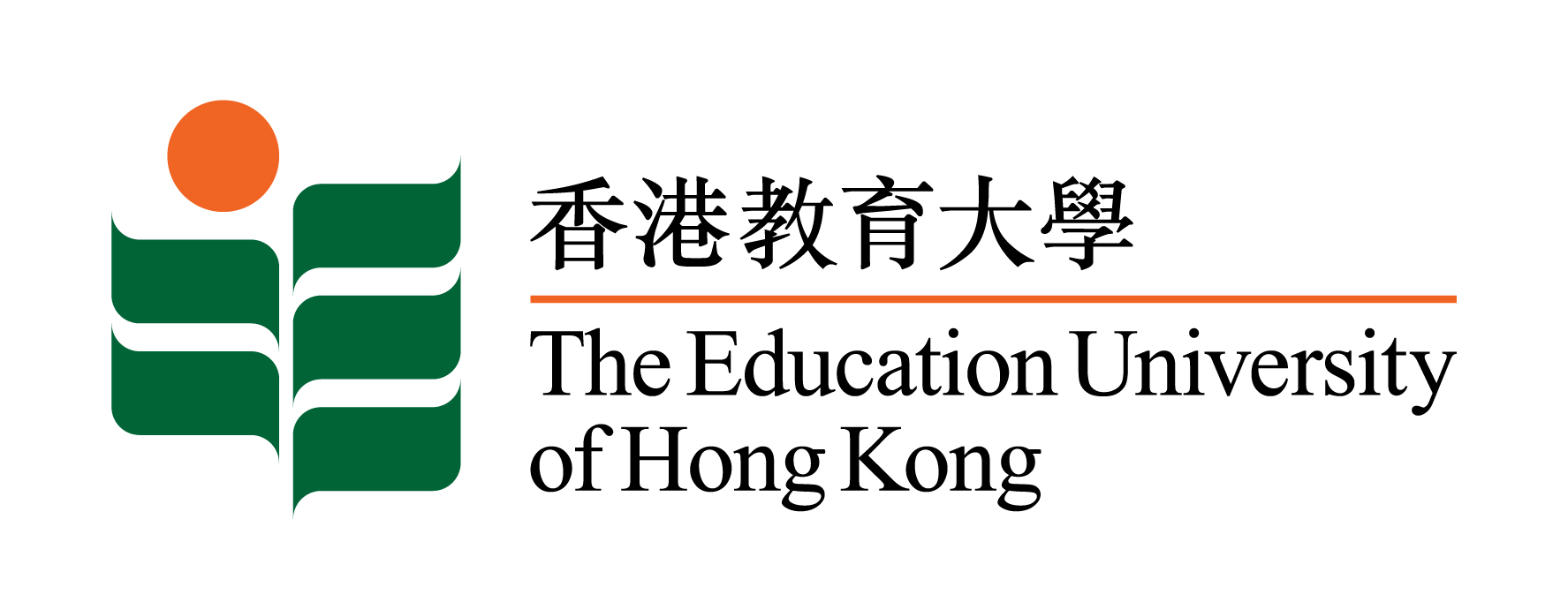Seminar: How do Zhihu Users Portray ‘Chinese Doctoral Supervisors’ (Huaren Daoshi 华人导师) Working in Western Academia?
You are cordially invited to attend the seminar on How do Zhihu Users Portray ‘Chinese Doctoral Supervisors’ (Huaren Daoshi 华人导师) Working in Western Academia? organised by the Graduate School (GS). Details are as follows:
|
Date |
16 December 2024 (Monday) |
|
Time |
10:30 am – 12:00 noon |
|
Venue |
D2-LP-10, EdUHK |
|
Speaker |
Dr Cora Lingling XU |
|
Moderator |
Professor GU Ming Yue Michelle Dean of Graduate School, EdUHK |
|
Registration |
For Students: https://bit.ly/3V7043t
|
|
For Staff: https://bit.ly/4eNsjv0
|
*Please register before 13 December, 2024 (Friday).
Speaker
Dr Cora Lingling XU (PhD Cambridge, FHEA) is Associate Professor in Sociology of Education at Durham University, UK. Her research interests include sociology of time, educational mobilities, identities and social theories. She has researched cross-border and transnational student and academic migration, ethnic minority and rurality topics within contemporary Chinese societies. She is an Executive Editor of the British Journal of Sociology of Education and sits on the editorial boards of Critical Studies in Education and Cambridge Journal of Education. She is founder and director of Network for Research into Chinese Education Mobilities. Her research has been featured in the BBC Documentary ‘Chinese on Campus’. Her publications have appeared in high-impact journals, including The Sociological Review, Higher Education, British Journal of Sociology of Education, and Policy Reviews in Higher Education, among others.
Abstract
The image of ‘Chinese doctoral supervisors’ (Huaren Daoshi 华人导师) working in Western academia is riddled with stereotypes in urban myths but little research to date has been conducted on these portrayals of Chinese supervisors. Drawing on postcolonial theories, including notions of epistemic injustice and neo-racism, this research conducts a thematic analysis on around 450 Zhihu comments. It proposes that the Zhihu community has portrayed three images of the Chinese supervisors as (1) ambitious and supportive, (2) sneaky and exploitative, and (3) colonised. While the second and third images are more negative, the first image is overwhelmingly positive. In portraying these images of the Chinese supervisors, the community confronted two main underlying structural forces. These include (1) a steep ethnic/racial hierarchy where White middle-class, native speakers of English dominate and (2) an unequal classed sphere within Western academia. This paper argues that this Zhihu community displayed profound yet only partial recognition of the steep ethnic/racial hierarchy due to their internalisation of their own linguistic inferiority. Moreover, this Zhihu community perpetuates neo-racism and epistemic injustice over Chinese supervisors and postgraduate research students from working-class and rural backgrounds. Among the first to examine how Chinese doctoral supervisors are portrayed in online communities, this paper provides informative insights for prospective postgraduate research applicants as well as admission professionals in Western academia. The neo-racism and epistemic injustice identified can also feed into future work on Diversity and Equality as well as decolonising efforts. Conceptually, this paper innovates by combining neo-racism and epistemic injustice to form a framework that furnishes a comprehensive examination of unjust practices and portrayals in the realms of racial and knowledge inequalities in doctoral supervision. This paper thus makes empirical and conceptual contributions to critical studies in international and doctoral education.
We look forward to seeing you there!
All are welcome.


